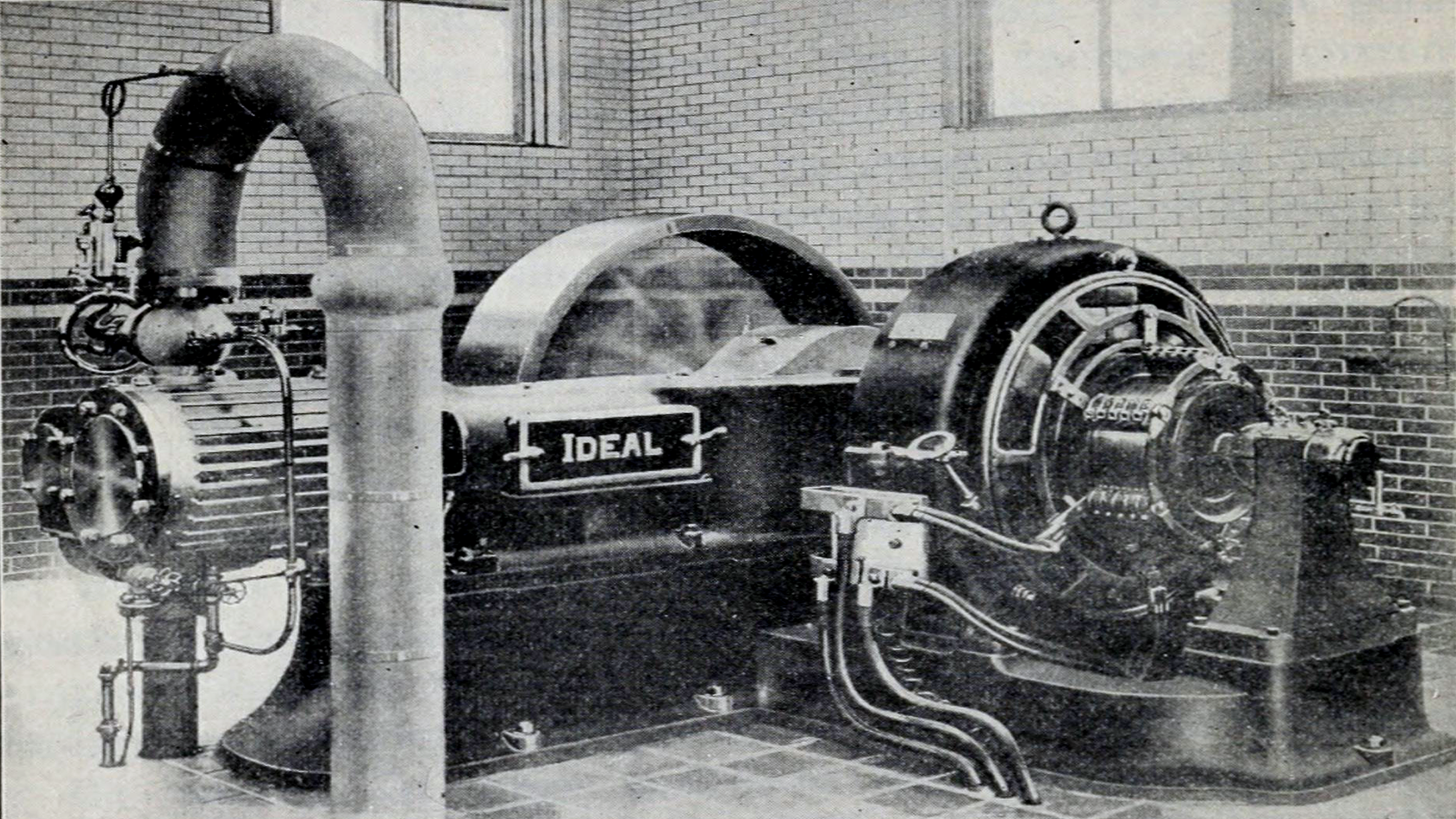About Popula

Popula is an experimental news, arts and culture magazine with a humanistic, global focus. A founding member of the Brick House Cooperative, Popula is dedicated to protecting press freedom and speech rights.
Popula is journalist-owned, ad-free, and reader-supported.
Since June of 2018, we’ve been bringing you a wide variety of interesting, beautiful writing, art, and information from all over the world. Here’s a small sampling:
Reflecting on the soaring, mythical stature of a beloved South Asian filmmaker
A hidden feud within the walls of the Chelsea Hotel, New York’s legendary bohemian palace
The long and stubborn legacy of Nazism in Poland
Revisiting America’s greatest police reporter
Indian/Pakistani tensions explained through a bad haircut received at the age of nine
Navigating Beirut on foot, in the aftermath of a tragedy
A terrorist attack on Pakistan’s Ahmadi community and its subsequent political and personal fallout
Our columns include:
My Airport, an examination of our ever-changing world through the lens of a writer’s hometown airport
Me Today, a description of one person’s day, somewhere on Earth
Things Unseen, insights on the unknowable
The My Dictator series of first-person accounts of growing up with, for example, Nicolae Ceausescu, Saddam Hussein and Chiang Kai-Shek
We started Popula with a generous grant from Civil, which we used, in part, to demonstrate how blockchain technology can protect the quality and integrity of what you read. On December 17th, 2018, Popula made history by archiving the first news article directly onto the Ethereum public blockchain. On February 14, 2019, we introduced our crypto microtipping system; using the MetaMask in-browser wallet, you can now leave tips of just about any value you like for your favorite authors and artists. In May 2019, we introduced a crypto-based commenting system for our subscribers.
The Brick House is a journalism cooperative with nine founding publishers, no owners, no executives, and no investors, which launched in December 2020. Our sister publications include Sludge, Hmm Weekly, and FAQ NYC who, like Popula, launched through Civil; new Brick House publications include OlongoAfrica, a pan-African digital magazine of art and culture, Tasteful Rude‘s groundbreaking cultural criticism, No Man Is an Island, writing on Taiwan and other places at the margins, Awry, a hub for experimental comics, and Preachy, a space for quiet contemplation.
Popula publishes interesting views and commentary from everyone, everywhere, amplifies conversations large and small, and is actively opposed to the “cosmopolitan”: When someone famous dies or gets divorced or ends up in jail, you might not hear anything about it from us for a long time, or ever. We’re not trying to get anywhere first.
In case you’re interested—though you needn’t ever be in order to read Popula—we’re experimenting with blockchain technology in a number of ways. Our developing program of fulltext blockchain archives will ensure that our work can never be altered, censored or destroyed, at least not while the Ethereum blockchain exists. Civilization rests on our ability to preserve history as it really happened, not as various powerful interests would prefer us to see it. And blockchain archiving will also keep us honest, and accountable to you, so that when we make a mistake, the history of our errors will not disappear; we’re in the business of keeping permanent receipts.
Mainly, we plan to continue tell the truth and, when possible, have fun.
If you like what you see here, please sign up to receive at no charge the Popula Planet, an occasional email from us. To keep up-to-date with the wider Brick House ecosystem, subscribe to our cooperative’s weekly newsletter by clicking the icon on the bottom-right corner of your screen. Or go all the way with a subscriber membership, which gives you access to all nine Brick House publications for $7/month or $75/year. Thank you for joining us on this wild ride into the future of journalism. Thank you so much for reading Popula. You mean the world to us.
revised 2/9/2021
